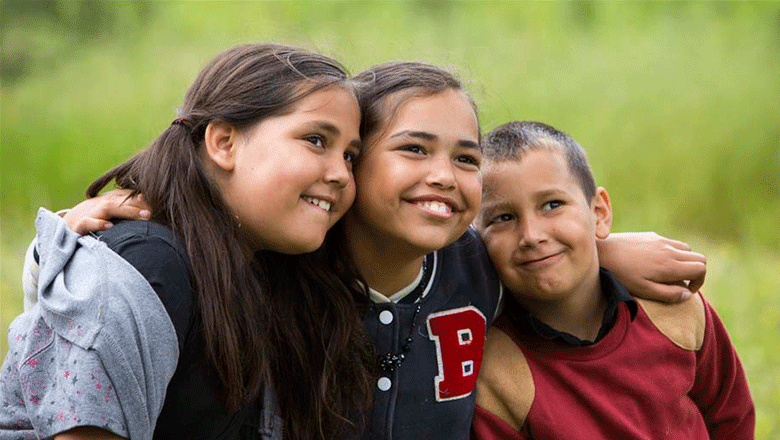Search

News & Events
New project offers hope for reductions in Indigenous suicideThe National Aboriginal and Torres Strait Islander Leadership in Mental Health welcomes funding by the Australian Government

News & Events
Gastro gap between Aboriginal and non-Aboriginal children shrinkingThe world's largest study of gastroenteritis trends in children has shown the disparity between Aboriginal and non-Aboriginal health may be improving.
News & Events
New Study Focuses on Teen Sex IssuesWestern Australian researchers are surveying secondary school students to find out what factors put young people at risk of unintended pregnancy.
News & Events
Report finds most programs ineffective for Aboriginal childrenThe largest survey ever undertaken of Aboriginal children and families has thrown new light on why most existing intervention programs are failing.
News & Events
High stress burden takes toll on Aboriginal childrenA landmark new report on the social and emotional wellbeing of Aboriginal children
News & Events
Aboriginal researcher receives Fiona Stanley MedalAboriginal researcher Annette Stokes has been awarded the Fiona Stanley Medal for her commitment to improving child health and wellbeing.
Research
Berrembi Jarragboo-Boorroo Wajawoorroo Men'Gawoom Gijam (Gija Healthy Skin Story): Two-Way Learning for Healthy SkinRemote-living Aboriginal children in Australia contend with higher rates of skin infections than non-Indigenous children. This work was embedded within a stepped-wedge, cluster randomised controlled trial aiming to halve the rate of skin infections in remote Kimberley communities. It outlines and reflects upon the co-development of a health promotion resource in partnership with the East Kimberley community of Warmun, whilst understanding community perceptions of its impact.
Research
Exploring the evidence on housing and health among Indigenous peoples in high-income countries: A scoping review protocolThe objective of this scoping review is to understand the nature of the published evidence on housing suitability, affordability, insecurity, and homelessness in relation to physical and mental health, domestic violence, and health service use among Indigenous people in high-income countries.
Research
Researchers’ self-reported adherence to ethical principles in Aboriginal and Torres Strait Islander health and medical research and views on improving conduct: a mixed methods studyTo examine researchers' reports of adherence to ethical principles in their most recent research project, including factors associated with higher self-reported adherence, and perceptions of how research conduct could be improved.
Research
The application of environmental health assessment strategies to detect Streptococcus pyogenes in Kimberley school classroomsChildren spend almost one-third of their waking hours at school. Streptococcus pyogenes (Strep A) is a common childhood bacterial infection that can progress to causing serious disease. We aimed to detect Strep A in classrooms by using environmental settle plates and swabbing of high-touch surfaces in two remote schools in the Kimberley, Western Australia.
